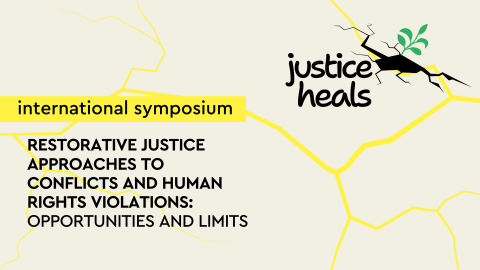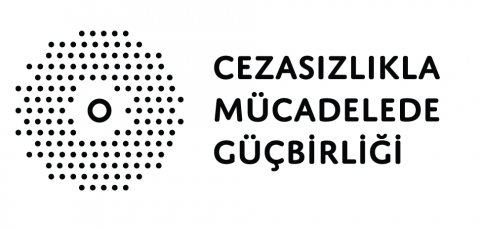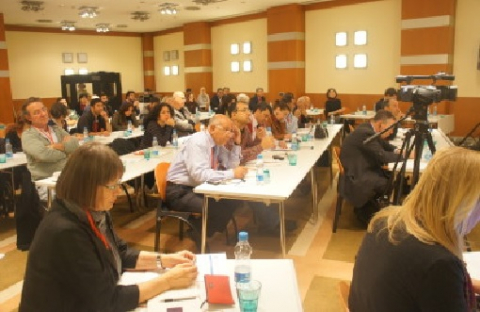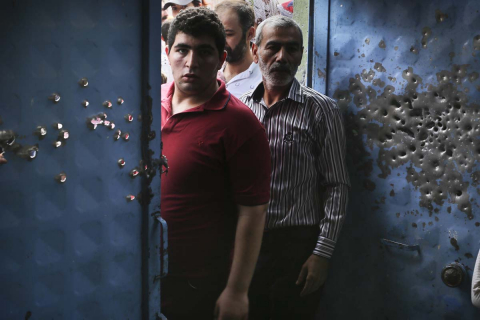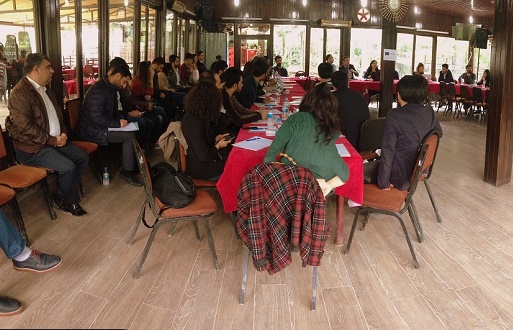
Training on gross human rights violations and application procedures
We organized a training entitled “Gross Human Rights Violations and Avenues of Legal Recourse” on 1 and 2 April 2017 together with the Şırnak Bar Association with the support of the Delegation of the European Union to Turkey and Open Society Foundation as part of the project “Supporting Young Human Rights Defenders in Fight Against Impunity.”*
Lawyers from bar associations of Istanbul, Ankara, Izmir, Diyarbakır, Van, Urfa, Mardin, Batman and Şırnak provinces participated to the training held at the Cizre facilities of the Şırnak Bar Association.
The first day of the training started with an introductory speech by Rojhat Dilsiz, a lawyer at the Şırnak Bar Association, who provided a summary of the current situation. Topics such as the relation between humanitarian law and human rights law from the perspective of past and contemporary violations; the difference between “gross human rights violations,” “war crimes” and “crimes against humanity” and their consequences; international human rights protection mechanisms and individual applications to the European Court of Human Rights (ECHR) and the Constitutional Court in particular, were discussed in the training.
Lawyers Benan Molu and Ramazan Demir from the Istanbul Bar Association gave theoretical and practical information on the application procedures of the Constitutional Court and the European Court of Human Rights (ECHR) within the context of gross human rights violations that occurred during the curfews. Hülya Dinçer, former professor at Marmara University’s Human Rights Law Department, gave a presentation entitled “Application Procedures of Human Rights Law for the Past Gross Human Rights Violations.”
On the second day of the training, a session was held on evaluating violations of the right to life from the perspective of forensic sciences. Prof. Ümit Biçer, former president of Kocaeli University’s Forensic Medicine Department and Executive Board Member of the Human Rights Foundation of Turkey, talked about the importance of forensic sciences in crimes against humanity, legal issues in cases of mass killings and the importance of autopsies for investigations.
* We also monitor trials of enforced disappearances within the framework of this project. Please click here to learn more about our work.
